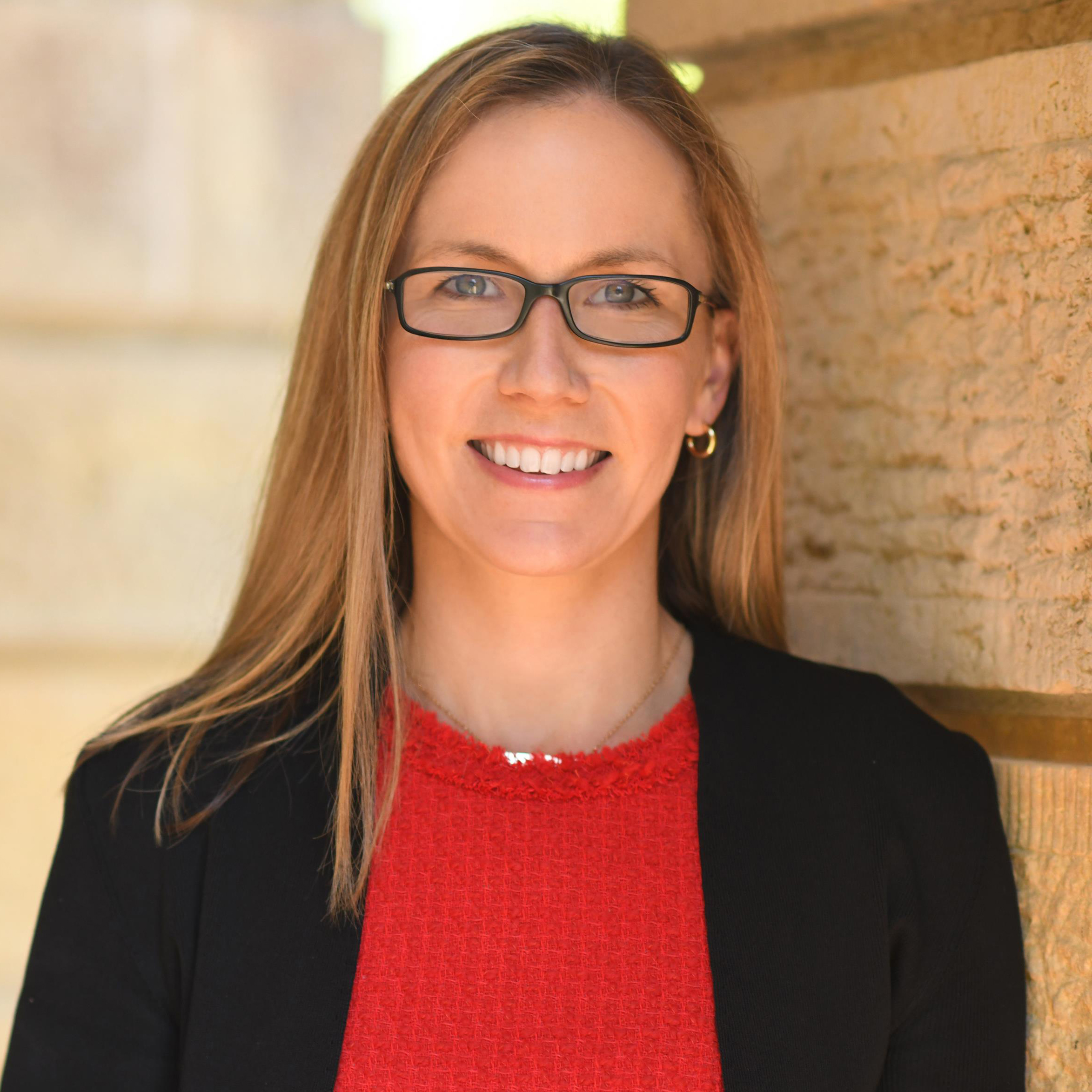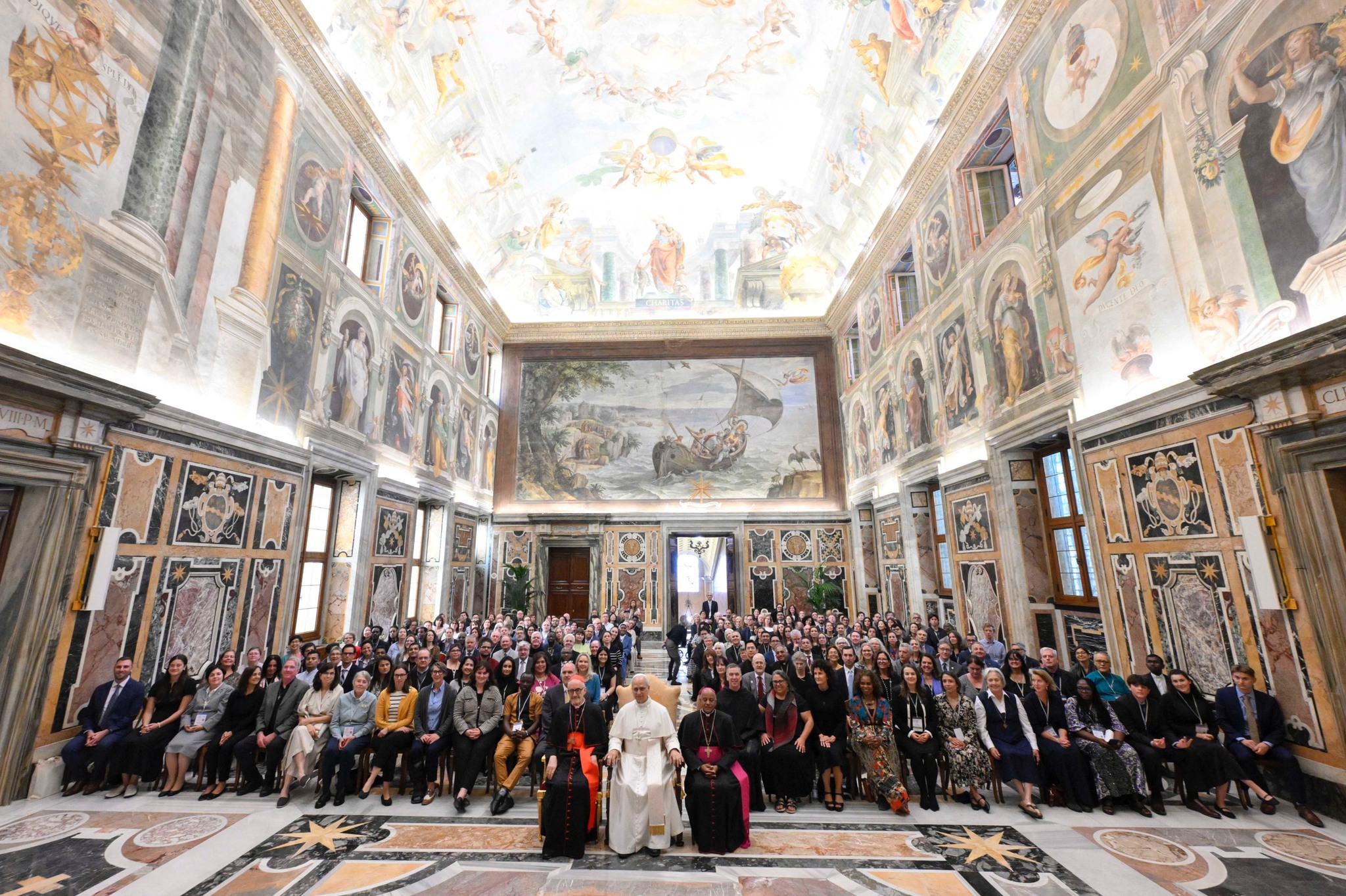Erin Barbato, director of the Immigrant Justice Center at University of Wisconsin Law School, has been tapped for an extensive three-year global initiative to address the critical challenges faced by migrants and refugees.

“Refugees & Migrants in Our Common Home,” led by Villanova University and its partners to mobilize academic communities, resulted from a call to action in 2022 by Pope Francis. It has since been carried forward by Pope Leo XIV; the first in-person gathering was Oct. 1-3, 2025, in Rome.
More than 200 stakeholders collaborated in plenary sessions and small groups to share ideas, resources and expertise in service toward “a concrete plan that inspires change and fosters mutual learning,” with action items, best practices, milestones and deliverables.
At the conference, Barbato was able to share her transnational clinic work done as part of the "Safe Passage from the Darién Gap" research and service project.
“I am honored to be a part of Our Common Home as we work together to build sustainable solutions to serve the refugee and immigrant population around the world,” the professor said. “The event was inspiring and gives me hope that the University of Wisconsin Law School will make a significant contribution."

With nearly two decades of experience, Barbato is Wisconsin’s leading expert in immigration law. Over the past few years, she has been researching and implementing immigration human rights clinics throughout the Americas. Partnering with law schools and nongovernmental organizations, she and her clinic provide holistic legal and health information for immigrants to reduce harm and offer alternative legal migration pathways for asylum.
“Erin is an exceptional leader whose tireless efforts embody the Wisconsin Idea on a global scale,” UW Law Dean Dan Tokaji said. “She understands firsthand how to collaborate in tackling a challenge that affects more than 100 million people.”
During the conference, Pope Leo emphasized the urgent need for global solutions to address the migration phenomenon and warned against what he described as the “globalization of powerlessness”—an attitude that spreads when we grow indifferent to the suffering of others and believe that nothing can be done to help.
“This is no easy task, but if efforts to bring about lasting change are to succeed, they must include ways to touch both hearts and minds,” he said.
Submitted by Law School News on November 5, 2025
This article appears in the categories: Faculty, Features
Related employee profiles: Erin Barbato